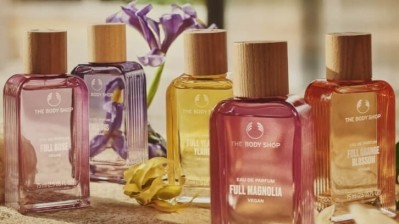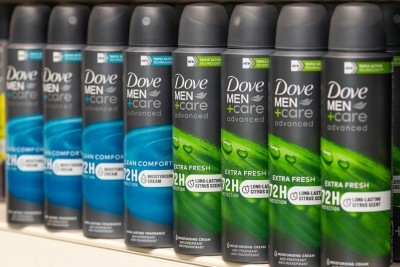UEBT on ‘double materiality’ and why biodiversity loss needs to be addressed now

This St Valentine’s Day, to celebrate our love for our beautiful planet, we spoke to the director of policy and sector transformation at Dutch non-profit, Union for Ethical BioTrade (UEBT), Maria Julia Oliva, about the problems faced by biodiversity loss and its potential impact on the beauty and personal care industry.
CosmeticsDesign-Europe (CDE): What should cosmetics companies and beauty consumers be aware of when it comes to biodiversity loss and the natural ingredients used in beauty and personal care product formulations?
Maria Julia Oliva (MJO): Biodiversity is central to the beauty business. Look at the emerging concept of ‘double materiality’, which is the need for companies, investors and other stakeholders to look both at how companies impact, but also depend on, nature.
Cosmetics companies source many of their iconic ingredients from ‘biodiversity hotspots’. These flowers, seeds, roots, and other natural raw material come from unique plants in unique places.
Biodiversity loss, happening due to unsustainable harvesting, land-use change or pollution, is certainly a concern. It is also a priority for action. The good news is that awareness of biodiversity is high in the sector, and many companies are leading the way with reducing negative impacts and promoting positive change. But much remains to be done…
CDE: What does the UEBT want cosmetics businesses and consumers to understand about botanicals harvested for fragrances?
MJO: Nature is a wonderful source of fragrance compounds, including much-loved essential oils such as citrus, lavender and others. In addition to their scent, these ingredients have wonderful stories linked to their origin. It’s important to recognise the need and opportunity of tying such stories to increased understanding and engagement in promoting good practices and positive impact on the ground.
These raw materials often come from areas where there are significant challenges – from poverty and poor working conditions to lack of good harvesting practices or inadequate use of agrochemicals. Many companies are working on traceability and verifying circumstances and practices on the ground, as well as investing in projects and partnerships with producers. We need to see – and as consumers demand – much more of that.
CDE: What needs to change in terms of regulations in these important supply chains?
MJO: Regulation is an important – although it’s not the only driver for change. Due diligence rules, for example, require mapping supply chains and identifying and addressing risks. However, this is only the beginning. Companies should not ‘cut and run’; move away from certain supply chains as a way to minimise risks or potential impacts.
In the human rights context, for example, disengaging is really seen as a ‘last resort.’ To make a positive change, companies need to work together with their producers, and oftentimes, also with other companies in the sector in a pre-competitive manner, to understand and address challenges on the ground.
CDE: What systematic challenges need to be addressed for more beauty businesses to lean into biodiversity-based supply chains?
MJO: Leaning in is already an important commitment. There are many pressing issues for beauty companies, but biodiversity is both strategic and impactful.
Beauty companies have more influence in their botanical supply chains than in their bigger volume, commodity supply chains. The issue of biodiversity is more complex than say, deforestation, but it is biodiversity that makes nature resilient, that creates the beauty and fragrance that we love in our products. In terms of the specific challenges and their solutions, it will depend on the supply chain.
As a general matter, we do see that you cannot distinguish between social and biodiversity challenges. Companies need a comprehensive approach to responsible sourcing, which is of course also more effective than looking at all these issues in an uncoordinated manner
CDE: What does UEBT see as some potential solutions to improve this situation?
MJO: In our view, beauty companies need to look at three priority actions in 2024:
- First, as mentioned above, commit to biodiversity. Recognise how strategic biodiversity is for your company and make this a red thread to your business and sustainability decisions. Talk about biodiversity: consumers want to know and understand more.
- Second, reduce negative impacts. Again, there are risks and challenges in botanical supply chains. There are also more tools and approaches that allow companies to identify these challenges, jointly with local producers. But biodiversity is sometimes lost in sustainability assessments or due diligence strategies – it should not be.
- Finally, act on the ground. It is actions that, ultimately, constitute the ground on which companies stand. How are you engaging with producers? How much do you listen? How much do you support? Companies should not think that responsible sourcing is something to demand of local producers, it is something to work on together.






















